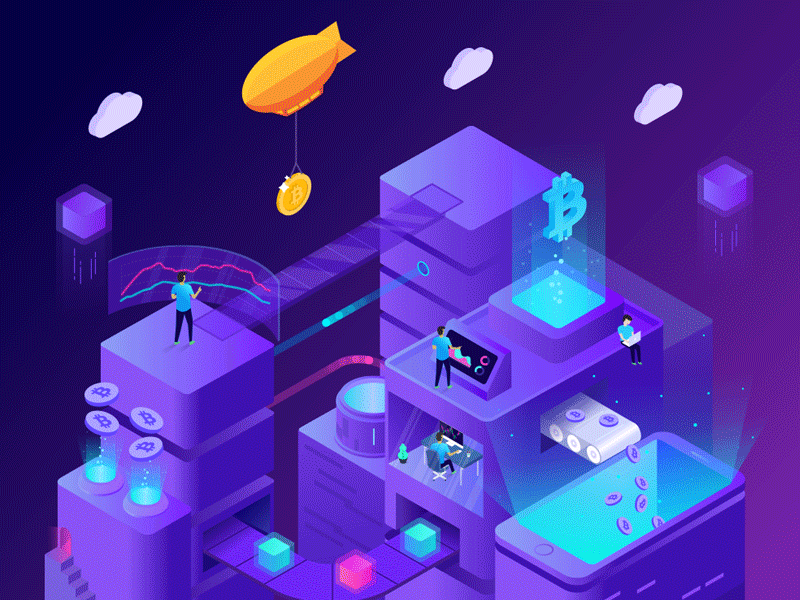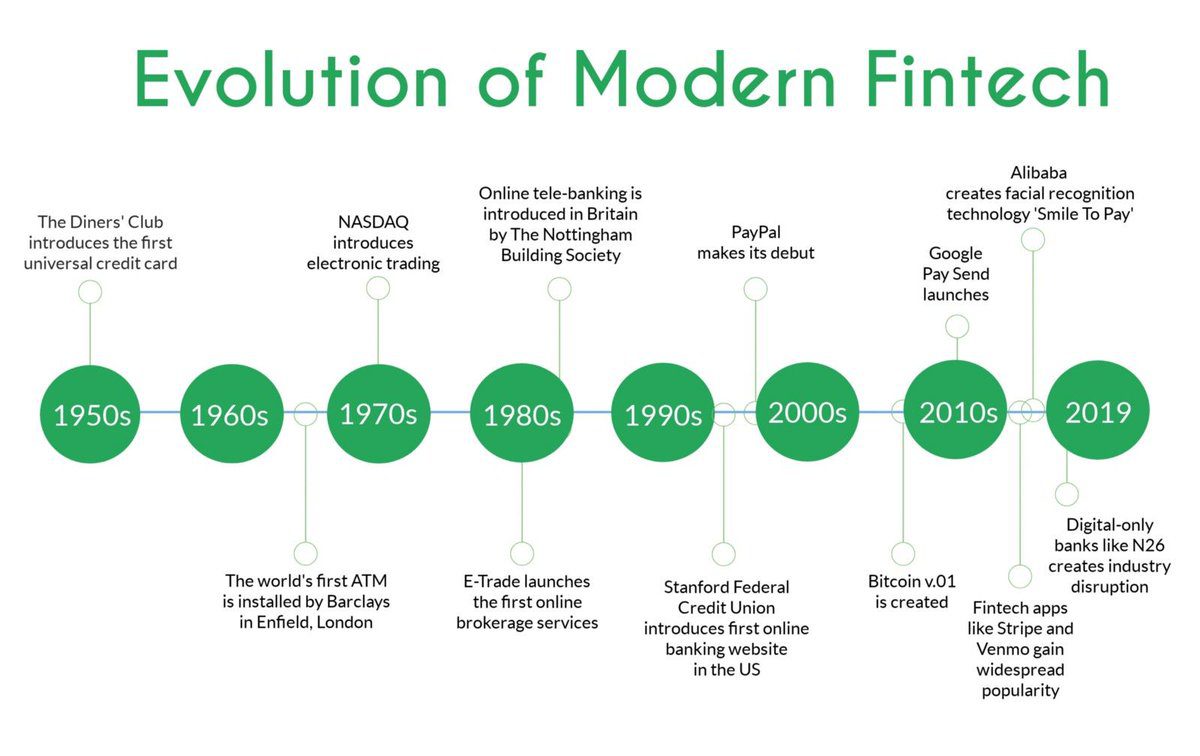How Could Blockchain Disrupt The ‘Big Data’ Industry And Its Analytics?
According to Glassdoor reports, the annual jump in recruitments for blockchain jobs for August 17-18 was 300% and median salaries paid in India for professionals with blockchain training were above the national average salary by a considerable amount!. The potential of blockchain technology to transform and disrupt any vertical using big data analytics has thrown up burgeoning demand for professionally trained personnel to man the growth.
The demand has outstripped the supply of Blockchain training-equipped professionals. Essentially, this means there are well-paying jobs with ample scope and growth, across verticals that make this an excellent and exciting career choice for young career makers and professionals alike. The increase in demand for professionals is expected to last over the next two decades.
Sectors that benefit:
Let us explore how some fields dependent on big-data analytics can benefit from blockchain technology.
Data Backup: The blockchain is very effective in storing data in every block of the chain enabling tracing its source block possible. Data can never be deleted or altered without more than half the community agreeing to the changes.
Payment Processing: An infrastructure which is blockchain-based enables cross-border payments at remote locations instantly with immutable consensual digital records of time-stamped secure transactions.
Hiring, Logistics, Payroll, Marketing, and Supply-chain Processes: Switching to blockchains makes organizational processes verifiable and almost error-free and requires no intermediaries. Thus monitoring instantly and stock-taking is more accurate human-error free and consumes less time resulting in huge savings in terms of personnel required to man operations, costs, effort and time.
Election Processes: The adoption of blockchain-tech can resolve issues of privacy, royalty, and rights in this and areas like media, entertainment, etc, making the authentication and reward for creativity process transparent and sans intermediaries.
Smart Contracts in real estate: This segment depends on records primarily and because blockchain technology is consensual between parties and verified across all nodes on the network a fraudulent or altered property deal is an impossibility. The digitization of land-records and the permanent storage and traceability of transactions makes the adoption to blockchains the next logical step in fast-tracking digitized smart contracts.
The Banking and Financial Processes: Blockchains offer safe, transparent and instant digital transactions with low fees as against traditional transactional methods.
Sports, insurance, and healthcare: These sectors will switch to blockchains to provide solutions to reducing confidential record-keeping hassles and using the instantaneous accuracy and immutability of the records of medical histories as a plus point.
Other verticals—âWith similar trends across other verticals like law, crowd-funding, retail, e-commerce, investment platforms, cryptos and more integrating blockchains into their operations.
Skills required:
Most applications in Blockchain training today are Python, Golang and JavaScript based. The trending tools, languages and technological suites required for a career in the blockchain technology field today are:
- C Suite languages like C and C#
- Python suite languages
- Java Suite languages including Java, JavaScript ES6, JSON, js and Javascript.
- Simplicity, Serpent, Solidity, Go, Rust and such languages.
- SQL and NoSQL
- HyperLedger Fabric
Top jobs:
Among the career choices available specifically in blockchains are those of the
- Developer
- Architects
- Consultants
- Blockchain Engineers
- Certified educators
Blockchain tech is lucrative:
Technologies like Quantum Computing, Virtual Reality, Neural Networks, data analytics, AI, Augmented Reality, driver-less vehicles, smartphones, cryptos and many more have digitized the modern world and have come to prominence over the last decade. Blockchains have immense benefits for the industries adopting its technology as they reduce costs, increase process efficiency, improve productivity and ease-of-operation. Blockchain training is the way to go, to land a career in the evolving and emerging field of blockchain applications across all verticals.
Key Takeaways:
Blockchain career aspirants do not need any mandatory qualification like a degree. The beauty of blockchains lies in the fact that at Imarticus Learning you can quickly and easily pick up the practical skills required.
Many sectors like healthcare, real estate, education, insurance, and the traditional banking system have already benefitted from it. Blockchain technology is booming and it has the potential to disrupt the big-data analytics fields and verticals involved. The high demand for professionals with professional Blockchain training certifications makes blockchains an excellent career choice because the industry needs professional accountants, managers, analysts, developers, programmers and such to grow and realize its potential.
At Imarticus Learning, this promising technology can disrupt your career and land you a well-paying job with growth and good pay packages. Start your Imarticus Blockchain training today!
For more details in brief and for further career counselling, you can also contact us through the Live Chat Support system or can even visit one of our training centres based in – Mumbai, Thane, Pune, Chennai, Banglore, Hyderabad, Delhi and Gurgaon.








